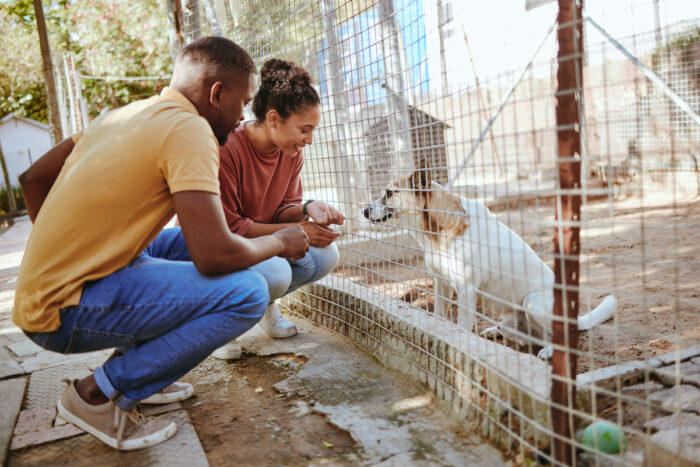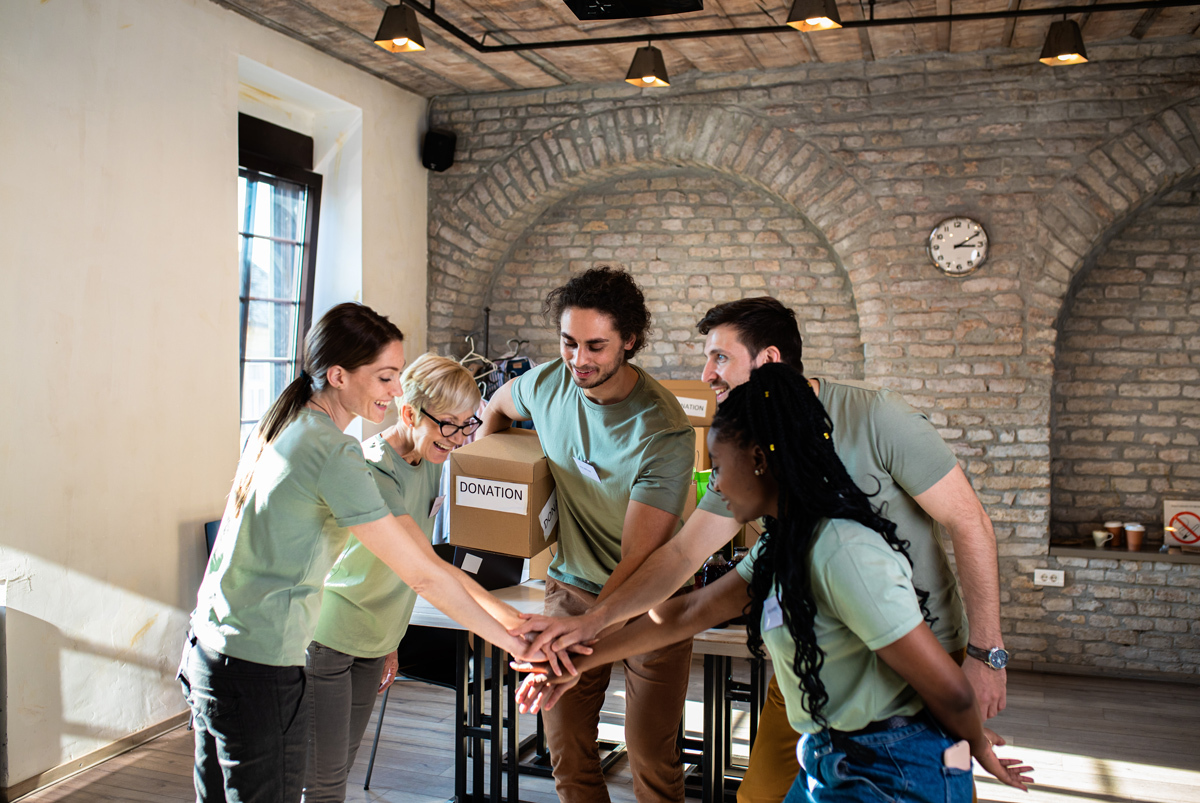🌻 Moving Toward the Other Side of Loneliness:
Navigating to Greater Social Connection and Well-Being
Increasingly, I hear stories from my coaching clients about their experiences of loneliness and their desire for greater social connection. They often set goals for themselves to explore ways to expand their connections with others and themselves.
While people may feel lonely, they are not alone in their experience – many people today are feeling a sense of isolation, lacking the social connection they desire or long for. And for many people, this disconnect was exacerbated with the Covid-19 pandemic.
I get it. The truth is at points in my life I’ve experienced a sense of social disconnection, feeling lonely, lost, forgotten or left out, especially during adolescence and early adulthood. I’ve been aware, sometimes painfully aware, of wandering through the inevitable shifts and losses in social connections that life serves up, via my own experiences of vulnerability.
In 2023, U.S. Surgeon General, Vivek Murthy, MD, published an 82-page advisory raising awareness about loneliness and isolation as an urgent public health issue in the United States, and a major threat to health and well-being (Murthy, 2023). According to Murthy, research, even before the pandemic, shows that half of American adults reported feeling lonely.
Murthy calls on people and organizations throughout the U.S. to respond to the loneliness epidemic.
“By taking small steps every day to strengthen our relationships, and by supporting community efforts to rebuild social connection, we can rise to meet this moment together. We can build lives and communities that are healthier and happier.”
– Vivek H. Murthy, Our Epidemic of Loneliness and Isolation, 2023
Social connection has much more impact than we might realize. It occurs on a gradual continuum from lower social connection to greater social connection. Higher social connection typically predicts better outcomes, including greater well-being, better physical and mental health, and stronger life satisfaction (Adams, 2023; Murthy, 2023; Holt-Lunstad, 2013). According to research, people who experience a greater sense of connection are less likely to die from chronic diseases (Holt-Lunstad, 2017; 2013).
It’s important to note that the benefits of social connection are not limited to romantic relationships – friendships, which can be developed at any age, and even brief, casual social interactions can strengthen well-being (Adams, 2023; Fredrickson, 2013).

The societal frameworks that can influence our connections are broad. While trends show that social networks are shrinking and measures of average time spent alone are increasing, social connection is shaped on many levels (Murthy, 2023). For example:
- The individual
- Relationships (family, friendships)
- Community (work, school, community organizations, health care, neighborhood, local business, social infrastructures, etc.)
- Societal norms (public policies, norms and values, historical inequities, technology, and its use)
In addition, our social connections don’t stay the same. They shift and change from childhood to adulthood to older adulthood, with life transitions, illness, relocations, and many other changes. It’s important to recognize, especially when we are feeling lonely, that the experience of loneliness can be transient and there are ways we can connect with others. And, the distress of loneliness can be a strong motivator to reach out to others. If loneliness is chronic and causing difficulties, it can be helpful to consult with professionals as chronic isolation is a risk factor to psychological and physical health (Murthy, 2023).
🤗 What can you do to help reduce loneliness and experience more connection?
1. Expanding social relationships beyond your immediate group is linked with wellbeing and can prevent or reduce loneliness.
- Reaching out to friends or acquaintances by phone, text, email, or in-person.
- Meeting or walking with a neighbor or co-worker.
- Developing intergenerational friendships.
- Mentoring or volunteering.
- Interacting with community members, local merchants, neighbors, or passers-by while at the store or other public areas.
- Joining clubs, spiritual or religious organizations, arts or education groups, or taking classes.
- Participating in community-based networks, senior centers, park district programs and local resources.
- Getting active in civic engagement or social action.
2. Accumulating evidence suggests that mindfulness can help reduce the impact of loneliness (Teoh, et al, 2021). Mindfulness skills can help you address the distress and negative emotions that may accompany loneliness. Evidence also indicates that mindfulness can improve the ability to monitor your experience in the present with greater acceptance (Lindsay, et al, 2019).
There are many resources to help you strengthen your mindfulness skills. For more information:
American Psychological Association, Mindfulness Meditation: A research-proven way to reduce stress.
Getting Started with Mindfulness
MBSR – 8-Week Mindfulness-Based Stress Reduction
Articles on Mindfulness by Ilene Berns-Zare
3. Lastly, if loneliness, isolation, and related emotions feel like more than you can manage alone, consider reaching out to others. Dr. Murthy recommends reaching out for help during periods of struggle with isolation and loneliness to a family member, trusted friend, healthcare provider, counselor, therapist, or the-988 crisis line.
An earlier version of this article was published at Psychology Today.
© 2023 Ilene Berns-Zare, LLC, All Rights Reserved
Disclaimer: This article is for informational purposes only. No content is a substitute for consulting with a qualified mental health or healthcare professional.
Send your comments and suggestions to Ilene!
Click here to send Ilene an email with your thoughts about this blog post.
References:
- Adams, Z., (June, 2023). The science of friendship. Monitor on Psychology 24 (4). 43-48.
- Holt-Lunstad, J., Smith, T. B., Baker, M., Harris, T., & Stephenson, D. (2015). Loneliness and social isolation as risk factors for mortality: A meta-analytic review. Perspectives on Psychological Science, 10, 227-237.
- Holt-Lunstad, J. (2017). The potential public health relevance of social isolation and loneliness: Prevalence, epidemiology, and risk factors. Public Policy & Aging Report 27(4), 127-130.
- Lindsay, E. K., Young, S., Brown, K. W., Smyth, J. M., & Creswell, J. D. (2019). Mindfulness training reduces loneliness and increases social contact in a randomized controlled trial. Proceedings of the National Academy of Sciences, 116(9), 3488-3493.
- Murthy, V.H. (2023). Our epidemic of loneliness and isolation: The U.S. Surgeon General’s advisory on the healing effects of social connection and community.
- Teah, S. L., Letchumanan, V., & Lee, L. H. (2021). Can mindfulness help to alleviate loneliness? A systematic review and meta-analysis. Frontiers in Psychology, 12, 633319.
Ilene is a Featured Author on PsychologyToday!
Read her blog series Flourish and Thrive: Navigating transitions with mindfulness and resilience.

How can coaching help you make positive changes in your interpersonal skills, communication skills, and relationships?
Tap into your strengths, purpose, and potential to flourish in life and work.
If you’d like to discuss how Ilene Berns-Zare Coaching can help you achieve your goals, contact Ilene.
Coaching with Ilene Can Help You Call Yourself to Action
Ilene Berns-Zare, PsyD, PCC, CEC, is an Executive and Personal Coach and Speaker. Ilene helps people live their best personal and professional lives by bringing mind, body, and spirit into flow with strengths, purpose, and potential. She inspires clients to find fresh perspectives and access their full potential as creative, resourceful, whole persons. Find Ilene online, set up a free discovery coaching consultation, and access free resources at https://ibzcoaching.com/.
Please share this blog with anyone who might be interested in reading it!
We would love to hear from you! We are interested in your suggestions for this newsletter, your reactions to this one, or providing more information about coaching.



